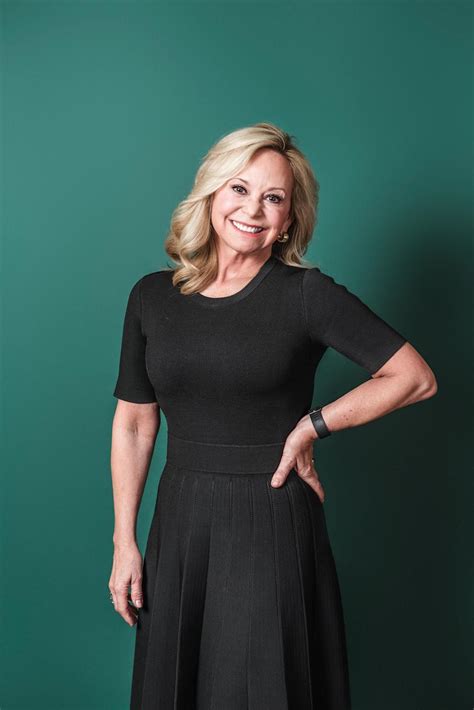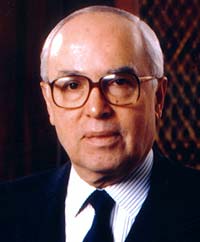A Quote by Julie Wainwright
Investors do not like losing money. They do not like companies that fail. They do not like entrepreneurs that fail. There is not a culture of celebrating failure in Silicon Valley or anyplace else. That is a myth. Recognize this, and if you start another business, get it to a successful point before approaching outside investors again.
Related Quotes
Outsiders think of Silicon Valley as a success story, but in truth, it is a graveyard. Failure.. is Silicon Valley's greatest strength. Every failed product or enterprise is a lesson stored in the collective memory of the country. We not only don't stigmatize failure, sometime we even admire it. Venture Capitalists actually like to see a little failure in the resumes of entrepreneurs.
There are no bad business and investment opportunities, but there are bad entrepreneurs and investors. To be a successful business owner and investor, you have to be emotionally neutral to winning and losing. Winning and losing are just part of the game. The size of your success is measured by the strength of your desire, the size of your dream and how you handle disappointment along the way.
Perhaps more to the point for TBTF (Too Big To Fail bank), if a SIFI (Systemically Important Financial Institution) does fail I have little doubt that private investors will in fact bear the losses-even if this leads to an outcome that is messier and more costly to society than we would ideally like. Dodd-Frank is very clear in saying that the Federal Reserve and other regulators cannot use their emergency authorities to bail out an individual failing institution
One of the great things about Silicon Valley is, irrespective of how competitive you might be with another company or how closely you might be working with that company, there's a great sort of give and take, and camaraderie from - between - some of the executives in the valley and some of the other investors in the valley.
In 2007, there weren't any other accelerators, at least that I was aware of. We were almost the prototypical Y Combinator founders: We were highly technical but had never done a startup before. We also didn't know anyone in the Valley - investors, other entrepreneurs, potential hires. YC seemed like a great way to bootstrap that network.



































